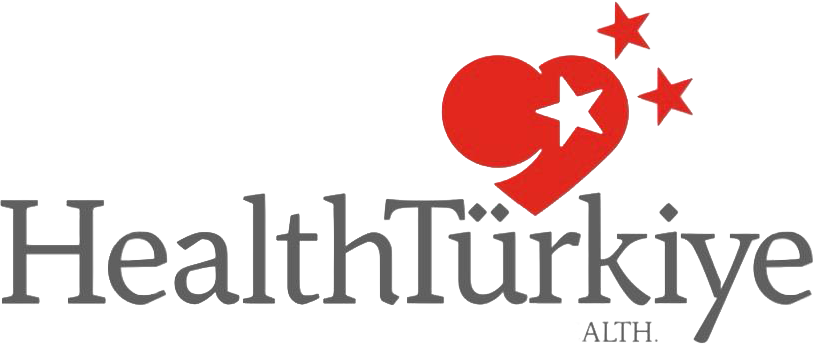Life with Braces
Eating with Braces
What can you eat? Let's talk about what you shouldn't eat! For the first day or so, prefer soft foods (like soup and bread). You'll need to protect your orthodontic appliances when you eat for as long as you're wearing them.
Avoid:
- Chewy foods: bagels, hard rolls, licorice, beef jerky
- Crunchy foods: popcorn, ice, tortilla chips
- Sticky foods: caramels, taffy, now & laters, starbursts
- Hard foods: nuts, hard candy, uncooked vegetables, hard pretzels, snack foods.
- Tough breads such as thick pizza crust, bagels, hard rolls, etc.
- Foods you have to bite into: corn on the cob, apples, ribs
- Chewing on hard things such as pens, pencils or fingernails can also cause damage. Broken appliances will prolong overall treatment time.
- Carbonated soft drinks, which contain phosphoric acid and can cause enamel staining and cavities.
Eating these types of foods will knock off the braces and bend the wires. You may not discover the loose bracket until the next day after you eat ice or one of these items, but the braces don't just "fall" off! Every loose brace extends your treatment time at least two months.
Foods To Enjoy:
- Apples, carrots, celery are good for you, but they should be cut into bit sized pieces, and eaten with care.
- Chewing gum is O.K.; in fact we recommend chewing gum, as it stimulates saliva flow, which helps keep the teeth clean. We prefer that you only chew sugarless gum such as Trident.
- Soft candies such as chocolate, Milky Way, Three Musketeers, etc.
- Ice cream.
These are examples of the "kinds" of things we want you to avoid so you don't harm the braces. Just because it isn't on the list, doesn't mean you should eat it. Remember use your common sense when deciding which foods you can eat, and those to be avoided. If a band or bracket comes loose, please call and let us know, as it is not always possible to repair appliances at your regular appointment without prior warning.

Care of Appliances
To successfully complete the treatment plan, the patient must work together with the orthodontist. The teeth and jaws can only move toward their corrected positions if the patient consistently wears the rubber bands, headgear or other appliances as prescribed. Damaged appliances lengthen treatment time.
Brushing
It is more important than ever to brush and floss regularly with braces. Patients who do not keep their teeth clean may require frequent trips to their dentist for professional cleaning. If plaque accumulates around the braces, tooth enamel may weaken, causing unaesthetic white spot lesions. Adults with a history of gum disease should see their doctor more often, and will require clearance before beginning treatment.
General Soreness
When you get your braces on, you may feel general soreness in your mouth and teeth may be tender to biting pressures for three to five days. This can be relieved by chewing sugarless gum and rinsing your mouth with cold water. If the tenderness is severe, please contact with your orthodontist. The lips, cheeks and tongue may also become irritated for one to two weeks as they toughen and become accustomed to the surface of the braces. You can put wax or silicon on the braces to lessen this.


Athletics
If you play sports, it's important that you consult with us for special precautions. A protective mouthguard is advised for playing contact sports. We can provide you one upon request. In case of any accident involving the face, check your mouth and the appliances immediately. If teeth are loosened or the appliances damaged, phone at once for an appointment.
Loosening of Teeth
This is to be expected throughout treatment. Don't worry! It's normal. Teeth must loosen first before they can be moved. The teeth will again become firm in their newly corrected positions.








